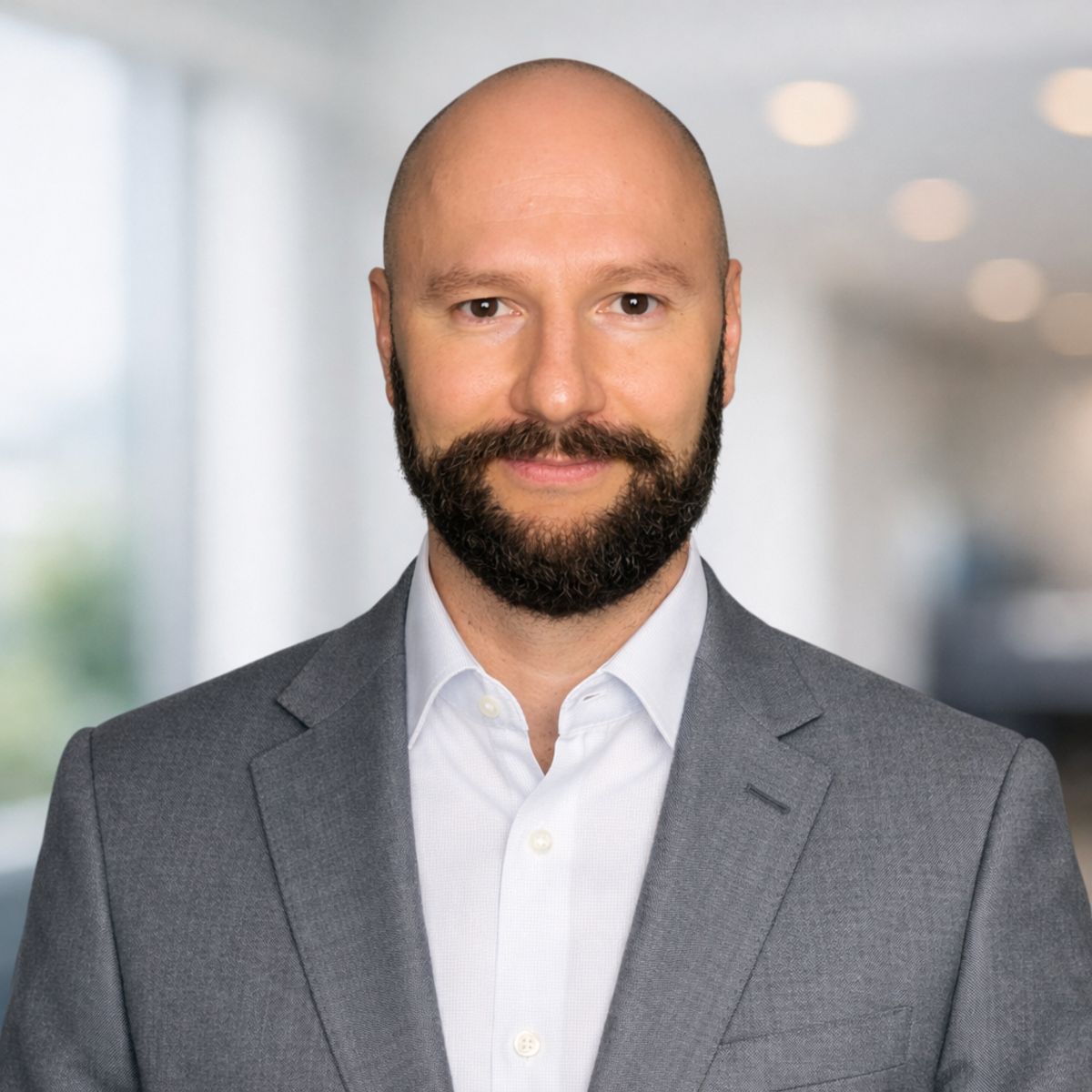Every project carries risk. Not just technical or financial but also political, social, and environmental. Yet most project failures don’t happen because of the risk itself —
They happen because teams ignore it.
Table of Contents
The Sydney Opera House: A Cautionary Tale
When the Sydney Opera House was approved in the late 1950s, the project was estimated to cost $7 million and be completed in four years.
It ended up taking 14 years and costing $102 million — a staggering 1,357% increase.
Why?
Because key risks — such as unclear scope, political pressure to start before final designs were complete, and underestimated technical complexity — were not addressed at the start.
Instead of slowing down to assess and manage risks, they rushed to build.
It wasn’t just a planning error — it was a risk management failure.
Rethinking Risk
Risks are part of every project — they signal areas of uncertainty that need attention. When we:
Identify them early
Evaluate their likelihood and impact
Assign ownership
Communicate them clearly
…we turn risks into manageable challenges instead of costly surprises.
Ignoring risks — or delaying their discussion — doesn’t make them disappear. It just ensures they hit harder when they do surface.
A Mindset Shift
I’ve found that successful project managers treat risk as a leadership tool.
They ask:
“What could go wrong?”
“How can we see this coming?”
“Who’s responsible if it does?”
It’s not pessimism — it’s preparedness. And it separates average projects from high-performing ones.
Your Action Step
This week, block 15 minutes on your calendar.
Write down the top 3 risks in your current project. Then ask:
Is there a clear mitigation plan?
Does everyone involved know it?
Are we tracking changes in risk exposure over time?
If you’re not confident in your answers — now’s the time to act.
Final Thought
You don’t need to eliminate every risk.
But you do need to see them early, own them clearly, and act on them quickly.
Risks aren’t the enemy.
Silence is.

